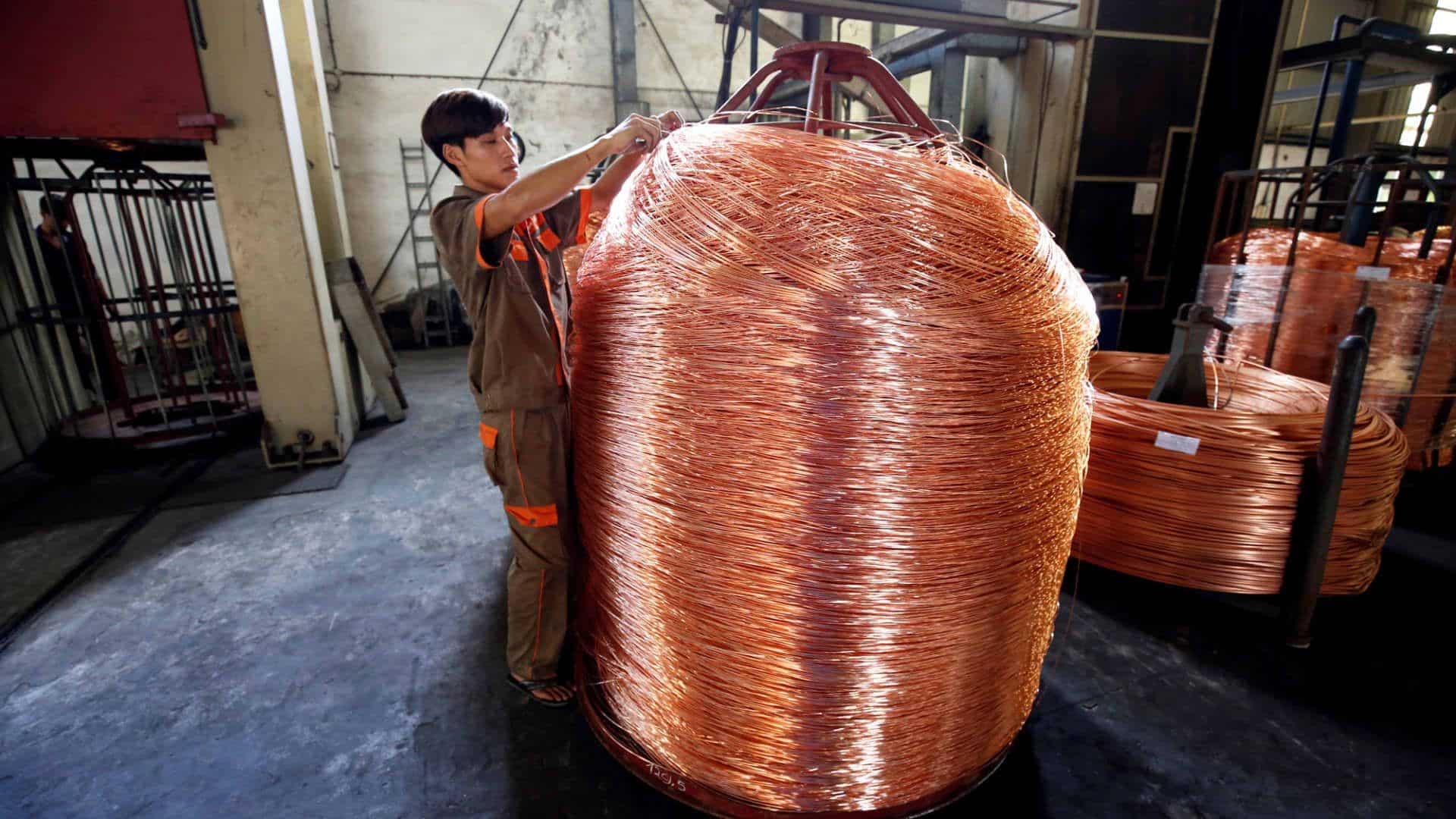
Kham | Reuters
Commodity prices have tumbled over the past month, signaling underlying weakness in the global economy despite the U.S. stock market bouncing back from recession fears.
U.S. stocks recovered most of their losses last week in the wake of a steep sell-off triggered by weak labor and manufacturing data. Investors have sought to look past recession fears, with some analysts arguing that U.S. economic fundamentals remain on a solid footing.
But commodity markets may be telling a different story about the global economy. The Invesco DB Base Metals Fund is down more than 7% over the past month, while crude oil futures dropped 14% from July 5 through Aug. 5.
“In terms of commodities, the entire asset class is coming under pressure,” Rob Ginsberg, managing director at Wolfe Research, told clients in a Friday research note.
“Outside of gold, you would be hard pressed to find a positive set-up,” Ginsberg said. “We see this broad decline in commodity prices as yet another warning about the state of the economy.”
Copper in particular is viewed as a signal of what is likely to happen with the economy, said Bart Melek, global head of commodity strategy at TD Securities.
Copper soared earlier this year on expectations of a super-cycle in which demand would outstrip supply due to the metal’s role as a key input in growth industries such as electric vehicles, semiconductors and renewable energy.
But copper futures have pulled back 21.4% from the 2024 high of $5.19 per pound on May 20 to trade at $4.089 as of Monday morning. Futures are down nearly 12% over the past month.
“We’ve got the narrative of the super-cycle, this wonderful world of battery vehicles, dissipating very, very quickly,” Melek told CNBC. “No one is really talking about it anymore.”
Weakness in China, the world’s second-largest economy, is weighing on copper and oil in particular, Melek said. Global manufacturing data also hasn’t been “gangbusters,” he said. It is likely that copper and oil are facing surpluses rather than the tight market that some analysts had expected, the analyst said.
“We didn’t get extremely supportive fiscal stimulus in China,” Melek said. “There were a lot of bets out there, particularly on the discretionary side, that China will deliver some sort of a stimulus that will lift their economy.”
Though oil has found support from ongoing geopolitical tensions in the Middle East, weak demand in China has weighed on the market for months. OPEC on Monday lowered its global oil demand growth forecast this year by 135,000 barrels per day as expectations in China have softened.
“Both energy markets and base metal markets and copper do reflect a slower economic environment where there is likely to be less demand growth that reduces the risk of undersupply conditions,” Melek said.
At the same time China’s economy is sputtering, the U.S. is leaning into protectionism, imposing tariffs against Beijing on everything from electric vehicles, to batteries, to semiconductors and solar modules. The European Union announced tariffs on Chinese EVs in July, with Beijing filing a complaint at the World Trade Organization on Friday
“That just means that there is less free flow of stuff from there to here,” Melek said. “If we impose tariffs, that means higher prices. Almost by definition, for any level of demand, you get less of it with tariffs.”
The market is waiting on the latest reading of the consumer price index Wednesday and commentary out of the annual meeting of central bankers in Jackson Hole, Wyoming next week. A rate cut by the Federal Reserve in September has largely already been priced in, Melek said.
“I’m not sure the market gets all that excited,” Melek said of the expected rate cut. TD Securities is pricing in a 25 basis point cut, though the Fed might become more optimistic about doing 50 basis points if the CPI data on Wednesday comes in weak, he said.

